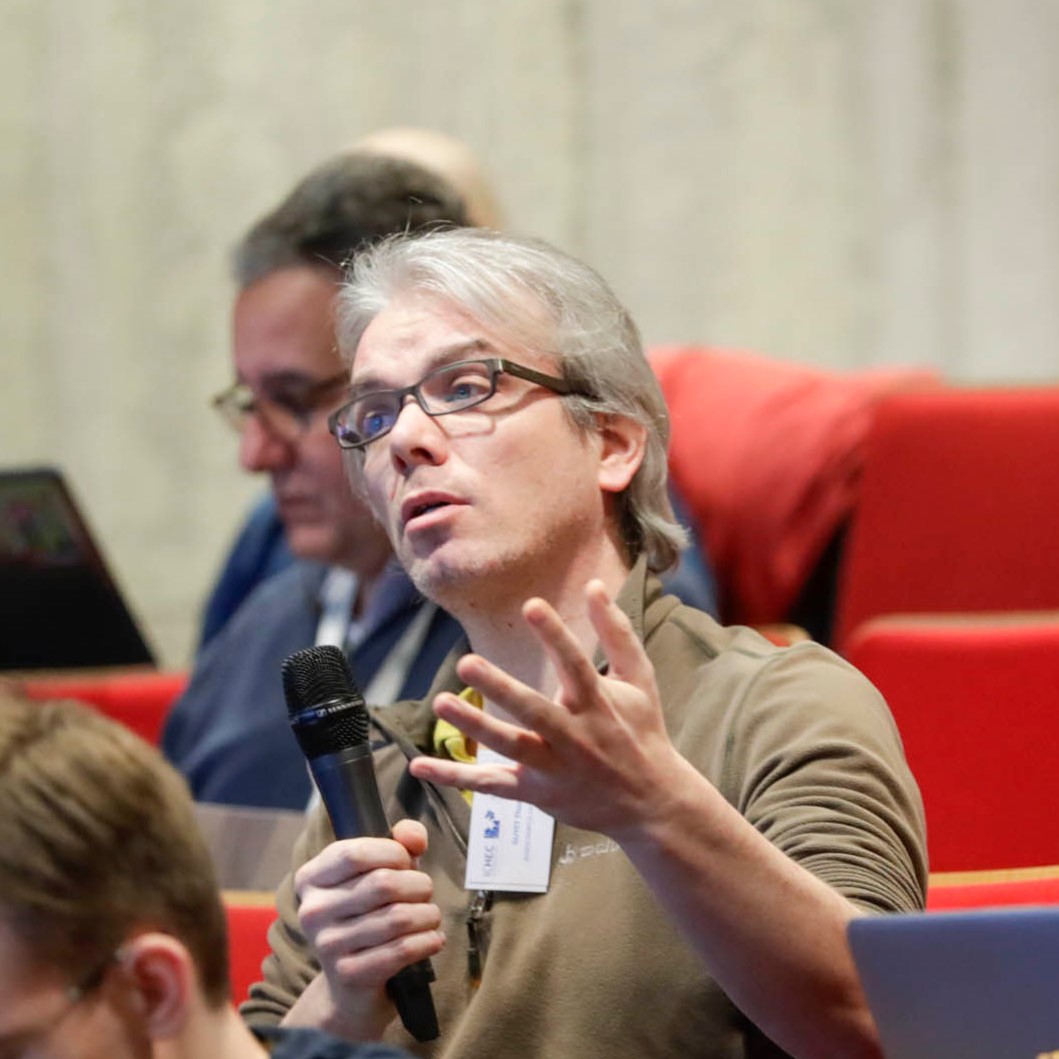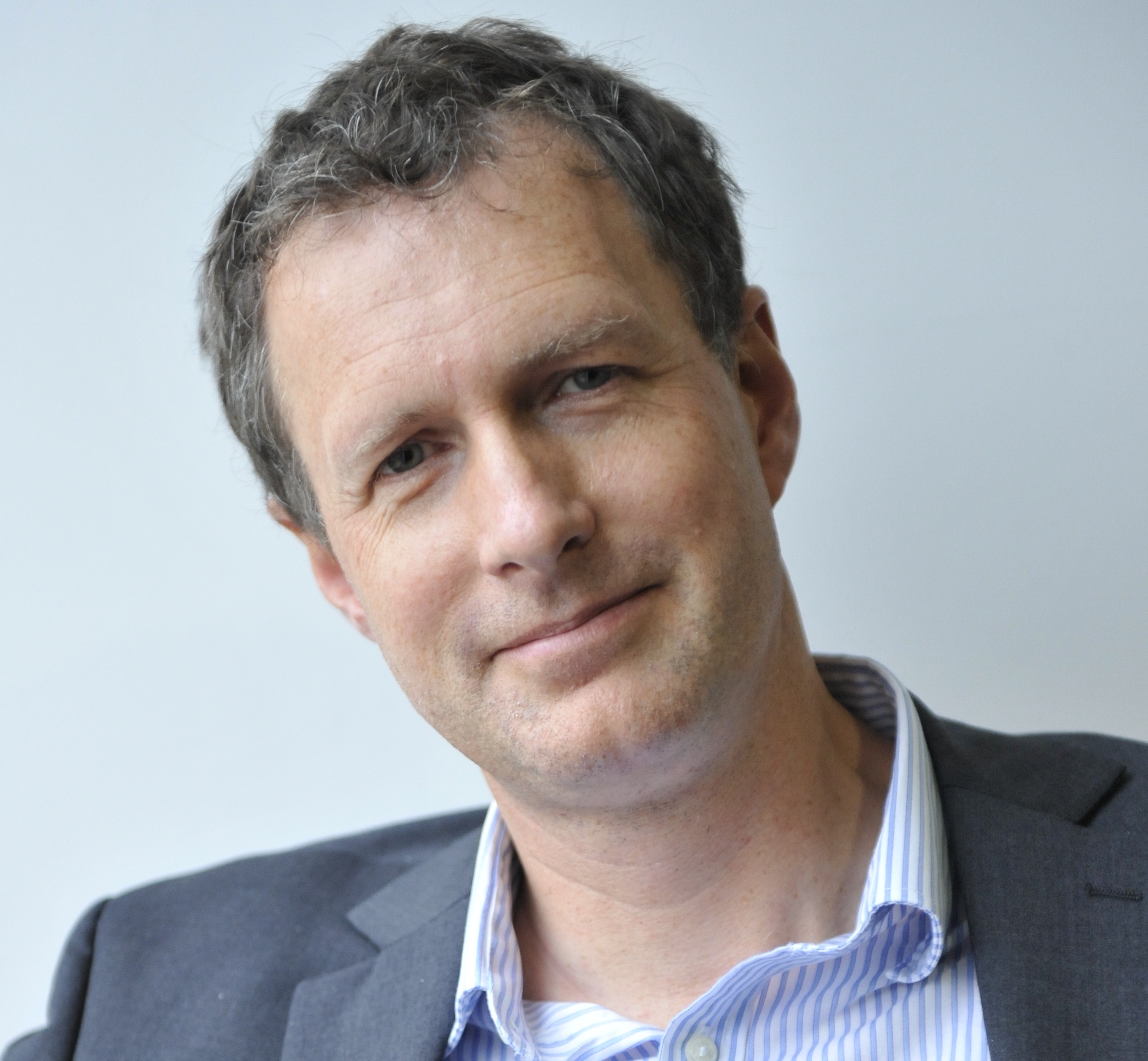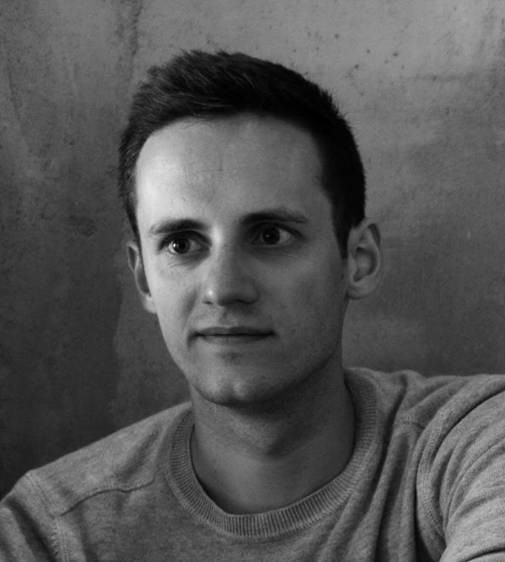
Ana Ozaki
University of Bergen
Extracting Rules from ML models in Angluin’s Style
Talk outline: We first see an overview of recent approaches to extract simpler abstractions of complex neural networks using Angluin’s exact learning framework, from computational learning theory. The aim of constructing such abstractions is to obtain high level information from machine learning models, which can be useful to interpret their behavior, detect harmful biases, among others. We then discuss in more detail algorithms for learning logical theories in Angluin’s framework, in particular, those for learning rules in Horn logic. We highlight the benefits and shortcomings of these approaches. Finally, we present promising possible next steps and applications of these approaches for extracting high level information from complex machine learning models such as large language models






